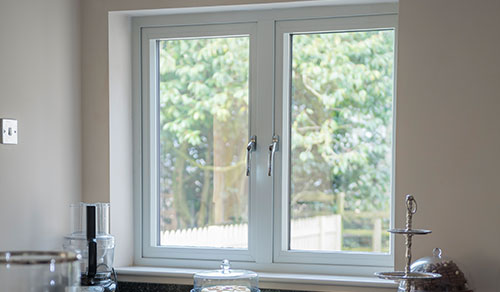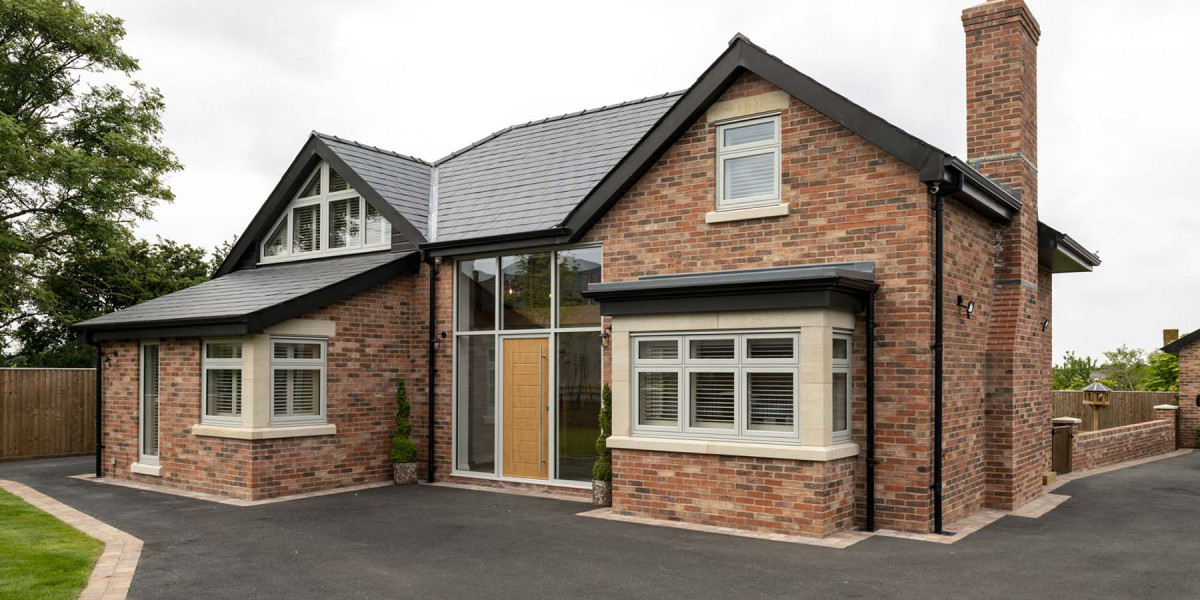In recent years, energy efficiency has become a paramount concern for homeowners and Doors By Ideal Glass builders alike.
In recent years, energy efficiency has become a paramount concern for homeowners and builders alike. As we strive to reduce our carbon footprint and lower energy bills, the demand for advanced window technologies has surged. One of the most effective solutions on the market today is triple glazing. This article will explore what triple glazing is, its benefits, considerations, and how it compares to other glazing options.
What is Triple Glazing?
Triple glazing refers to windows that consist of three panes of glass separated Doors By Ideal Glass insulating gas-filled spaces. Typically, these windows are constructed with two or more layers of argon or krypton gas, which significantly enhances their thermal performance. The three panes work together to reduce heat loss, improve sound insulation, and enhance overall energy efficiency.

Benefits of Triple Glazing
- Superior Insulation:
The primary advantage of triple glazing is its exceptional thermal insulation. The three layers of glass create multiple barriers to heat transfer, which means that less heat escapes during the winter months and less heat enters during the summer. This can lead to a more stable indoor temperature and reduced reliance on heating and cooling systems.
- Energy Efficiency:
Triple-glazed windows can significantly lower energy bills. By retaining heat more effectively, homeowners can reduce their heating costs in colder months. Additionally, many energy-efficient windows qualify for government rebates or tax credits, further incentivizing their installation.
- Noise Reduction:
The additional pane of glass in triple glazing also provides enhanced sound insulation. This is particularly beneficial for homes located in noisy urban areas or near busy roads. The extra layer helps to muffle external noise, creating a more peaceful indoor environment.
- Increased Home Value:
Investing in triple glazing can increase the overall value of a property. Energy-efficient features are attractive to potential buyers, and homes with triple-glazed windows may sell more quickly and at a higher price than those with standard double glazing.
- Condensation Reduction:
Triple glazing can help reduce condensation on windows. The improved insulation keeps the interior glass surface warmer, which decreases the likelihood of moisture forming on the glass. This can prevent mold growth and improve indoor air quality.
- Environmental Impact:
By reducing energy consumption, triple glazing contributes to a lower carbon footprint. As more homeowners opt for energy-efficient solutions, the collective impact can lead to significant reductions in greenhouse gas emissions.
Considerations When Choosing Triple Glazing
While the benefits of triple glazing are compelling, there are some considerations to keep in mind:
- Cost:
Triple glazing typically comes with a higher upfront cost compared to double glazing. The materials, manufacturing, and installation expenses can make it a more significant investment. However, many homeowners find that the long-term savings on energy bills justify the initial expense.
- Weight and Structural Support:
Triple-glazed windows are heavier than their double-glazed counterparts. This added weight may require additional structural support in the window frame and surrounding walls. Homeowners should consult with a professional to ensure their home can accommodate the heavier windows.
- Installation Complexity:
Installing triple glazing can be more complex than double glazing. Proper installation is crucial to achieving optimal performance, and it’s essential to hire experienced professionals who understand the nuances of triple-glazed window installation.
- Limited Benefits in Mild Climates:
In regions with mild climates, the benefits of triple glazing may not be as pronounced. Homeowners in these areas may find that double glazing provides adequate insulation without the added cost of triple glazing.
- Condensation Potential:
While triple glazing can reduce condensation, improper installation or inadequate ventilation can still lead to moisture issues. It’s essential to ensure that the entire window assembly is correctly sealed and that the home has adequate airflow.
Comparing Triple Glazing to Other Options
When considering window options, it’s essential to compare triple glazing to double glazing and single glazing.
- Single Glazing: Single-pane windows offer the least insulation and energy efficiency. They are often found in older homes and can lead to significant heat loss, higher energy bills, and increased noise pollution.
- Double Glazing: Double glazing consists of two panes of glass separated by a gas-filled space. While it provides better insulation than single glazing, it does not offer the same level of energy efficiency as triple glazing. Double glazing is often sufficient for moderate climates, but homeowners seeking maximum efficiency may prefer triple glazing.
- Triple Glazing: As discussed, triple glazing provides superior insulation, energy efficiency, and noise reduction. It is an excellent choice for homeowners in colder climates or those seeking the best possible energy performance.
Conclusion
Triple glazing represents a significant advancement in window technology, offering numerous benefits for homeowners seeking energy efficiency, comfort, and noise reduction. While the initial investment may be higher, the long-term savings on energy bills, increased property value, and environmental impact make it a worthwhile consideration. As energy efficiency becomes an increasingly important factor in home design and renovation, triple glazing is poised to play a vital role in creating sustainable living spaces. Whether you are building a new home or renovating an existing one, exploring the option of triple glazing is a step towards a more energy-efficient future.








